➤ Date: Thursday, 26 June 2025
➤ Time: 15:00 - 16:00 CET (Rotterdam)
How can the superyacht industry ensure that advancements in sustainability and innovation do not compromise safety?
THE PANELLISTS:
➤ Engel-Jan de Boer, Global Yacht Segment Director, Lloyd's Register
➤ Giedo Loeff Head of Research and Development, Feadship
➤ Marc Verburg, Director Yacht Operations, IRI/The Marshall Islands Registry
➤ Julian Smith, Regional Director, Europe, Middle East & Africa, Cayman Registry
➤ Liliane Flour, Division on Technology and Logistics, UN trade & development (Superyachts)
➤ Nurettin Caliskan, President, International Relations, Turkish Shipbuilders Association GISBIR
➤ Andrea Armas, Advisor to the Board of Directors, GX Superyachts
➤ Louis R. Montello, Founder, Montello Law
➤ More panellists to be announced. Stay tuned
AGENDA:
Some of the questions that will be discussed are:
➤ What are the main challenges in introducing new technology in a timely manner without compromising safety?
➤ What changes are required in crew competencies, and how can we improve the safety culture in the industry? How do you ensure that training is comprehensive and up-to-date with the latest safety protocols?
➤ How can the industry become more collaborative? What considerations should be considered when collaborating with flag states, class, environmental scientists, engineers, and safety experts?
➤ What is the appropriate certification route for novel, innovative solutions?
➤ How can yacht builders and owners mitigate legal risks related to sustainability innovations?
and more...
This roundtable webinar is created by Mare Forum and supported by The Rotterdam Maritime Capital of Europe.
........
Trends in Sustainable Superyachts
- Eco-Friendly Materials:
The use of sustainable materials, such as recycled composites and responsibly sourced woods, is becoming more common in superyacht construction.
- Hybrid Propulsion Systems:
Combining traditional engines with electric motors reduces emissions and fuel consumption.
- Advanced Technologies:
Innovations like smart sysems for energy management and water purification enhance the onboard experience while minimizing environmental impact.
- Alternative Fuels:
The industry is exploring various alternative fuels, including biofuels, hydrogen, methanol, nuclear. These fuels offer significant reductions in emissions but come with their own set of challenges
Safety Considerations
- Rigorous Testing and Certification:
All new materials and technologies must undergo thorough testing to ensure they meet safety standards. Certification by recognized maritime safety organizations is essential.
- Training and Education:
Crew members need comprehensive training on the latest technologies and sustainable practices to operate new systems safely. This is particularly important for alternative fuels, which may require specialized handling and knowledge
- Regular Maintenance and Inspections:
Sustainable materials and advanced technologies require consistent maintenance. Routine inspections help identify and address potential issues early.
- Collaboration with Experts:
Engaging with environmental scientists, engineers, and maritime safety experts ensures that sustainability measures do not compromise safety.
- Emergency Preparedness:
Developing and regularly updating emergency plans that consider the unique aspects of sustainable technologies is crucial. Regular drills enhance preparedness.
- Adopting Proven Technologies:
Utilizing technologies that have been successful in other industries, such as hybrid propulsion systems, can reduce risks.
The superyacht industry can continue to innovate sustainably without compromising safety by focusing on rigorous testing, crew training, regular maintenance, expert collaboration, emergency preparedness, and adopting proven technologies. These measures ensure that the pursuit of sustainability enhances rather than detracts from the safety and enjoyment of superyacht experiences.
Future Outlook
As technology and materials continue to advance, the superyacht industry will likely see even more innovative solutions that balance sustainability and safety. Continuous improvement and adaptation will be key to navigating this exciting future.
Speakers & Panelists
Project Partner(s)




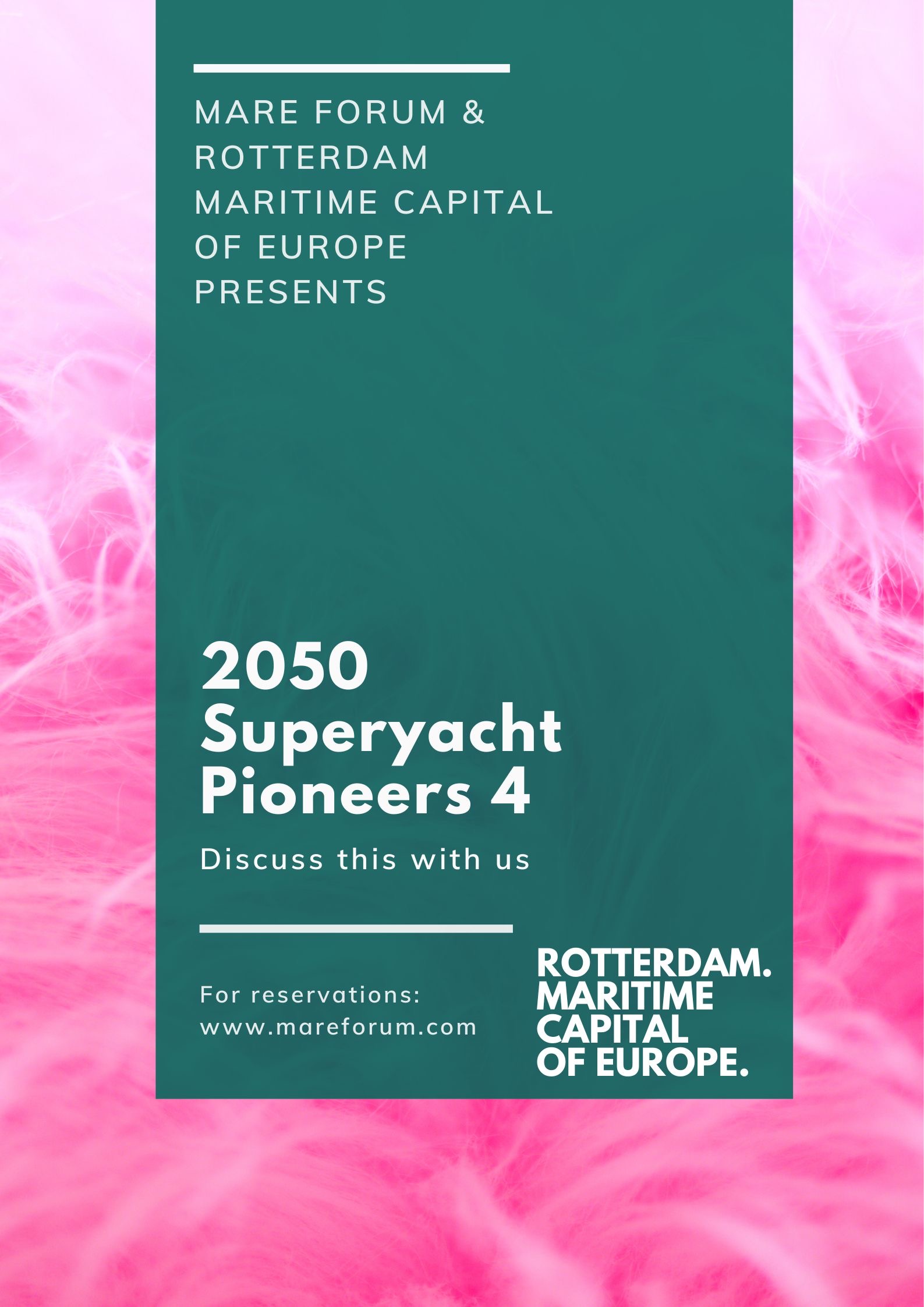









.jpg)


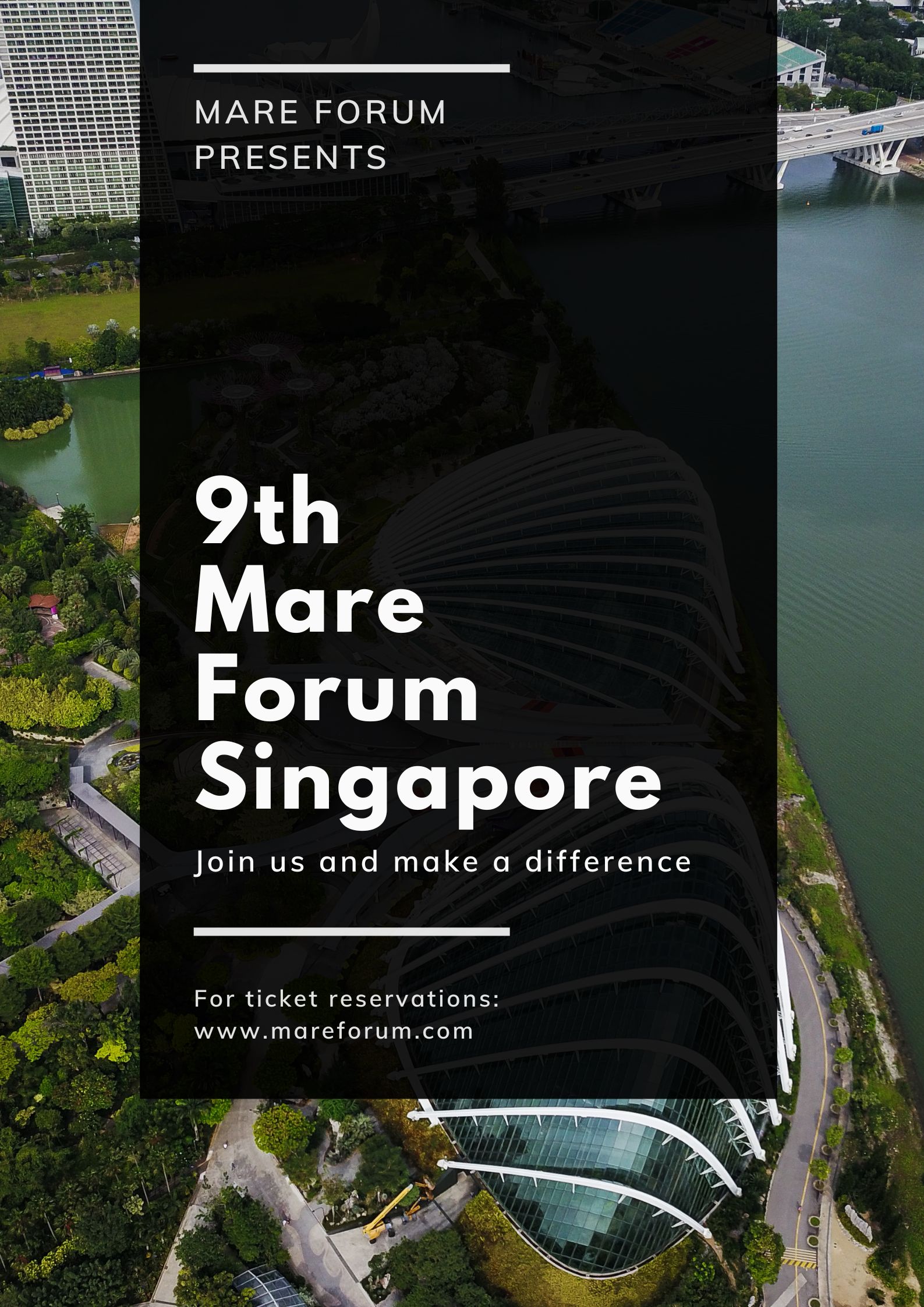
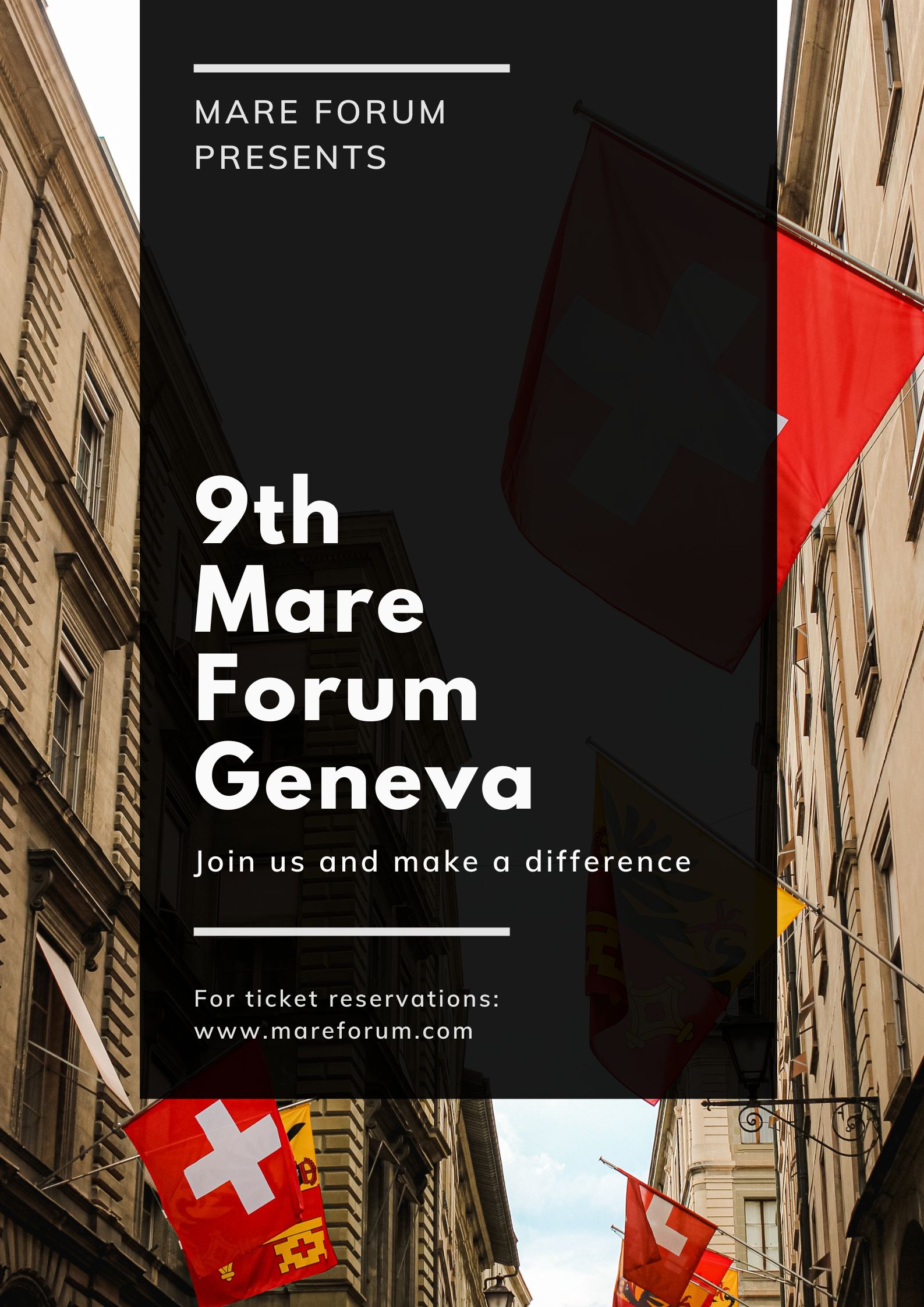
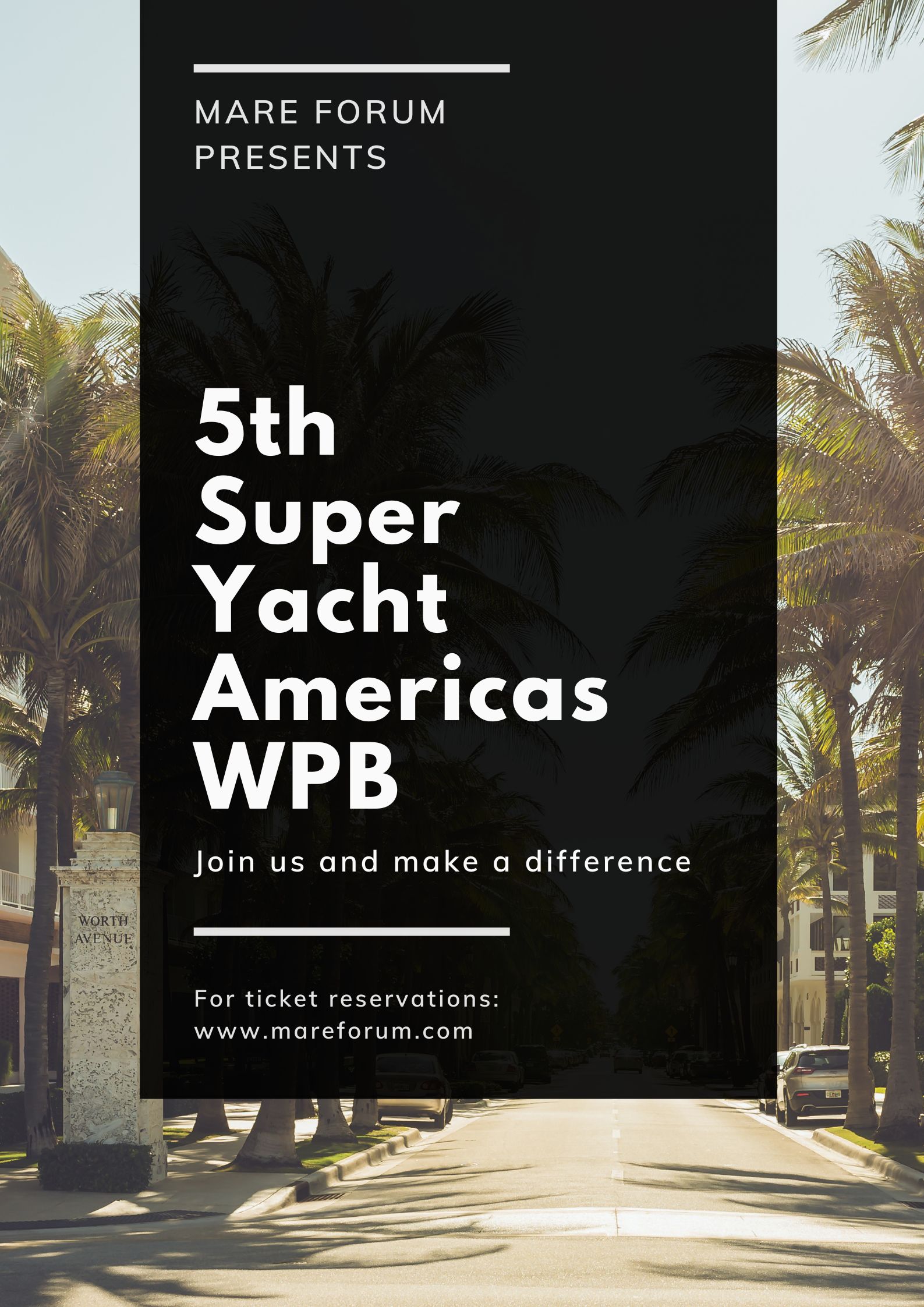
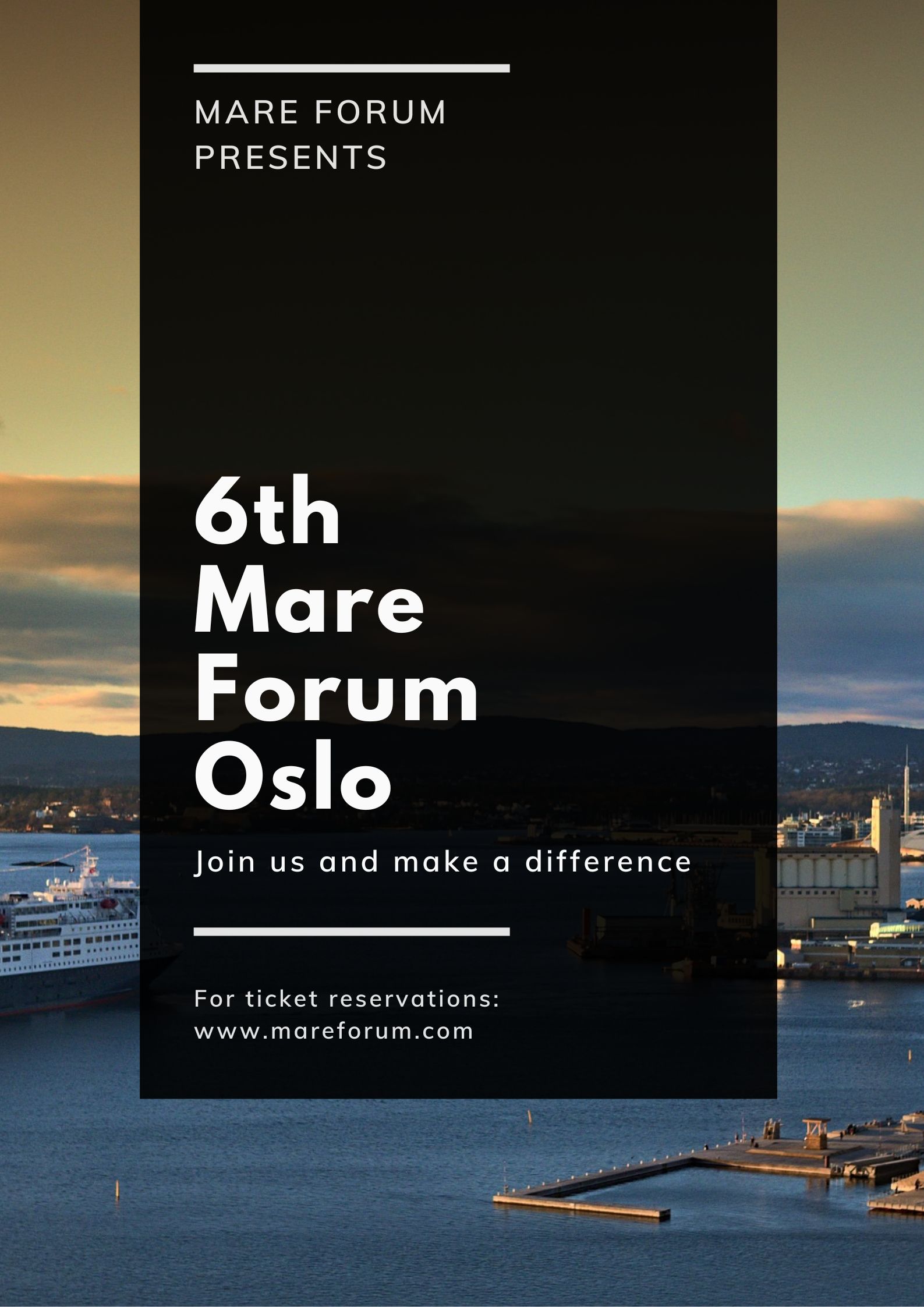
.png)




